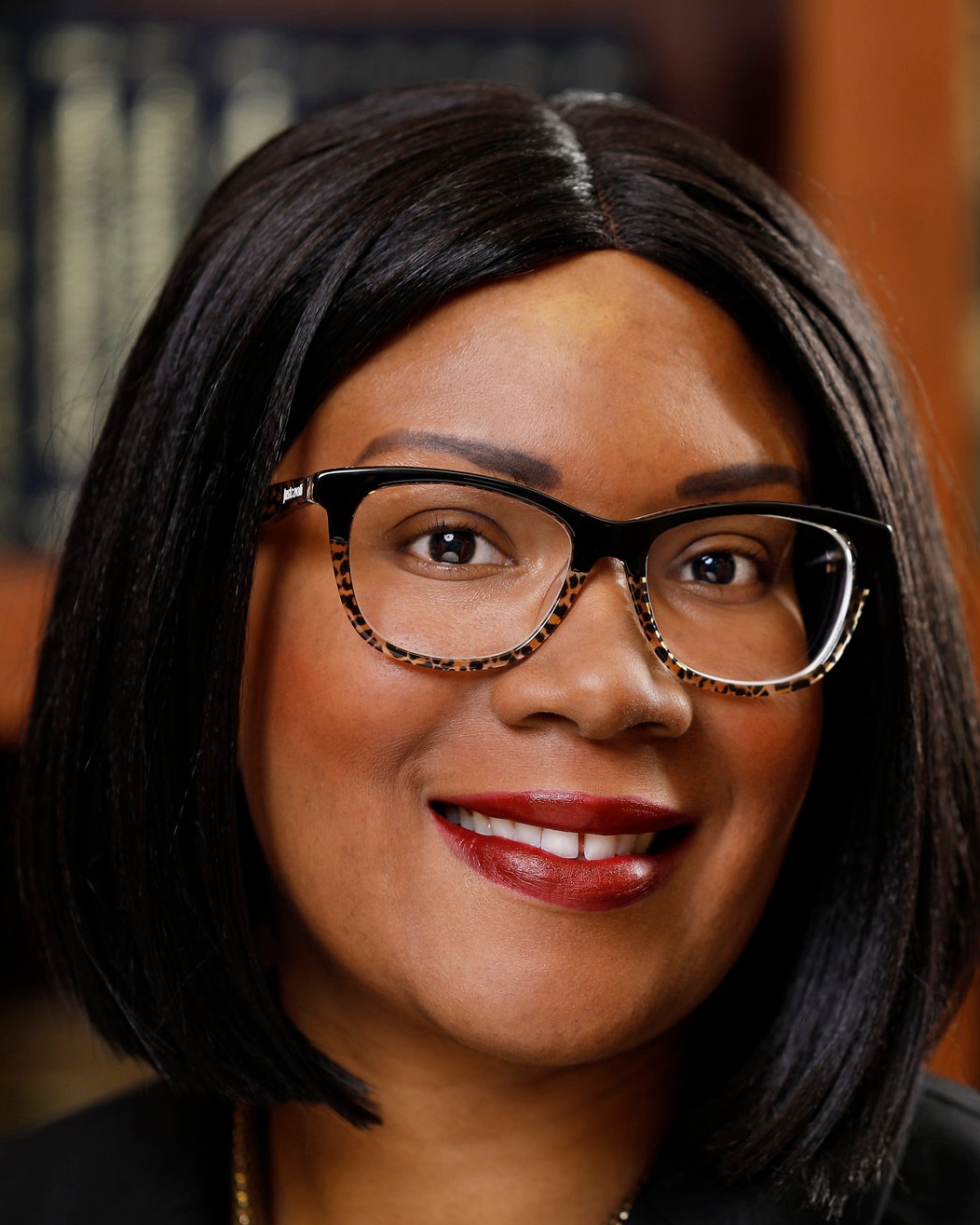Ontario Bar Association first Black president commits to moving the markers against racism
October 20, 2020
Becoming the first Black president of the Ontario Bar Association (OBA) in the midst of powerful anti-Black racism solidarity is a responsibility Charlene Theodore relishes and embraces with open arms.
She promises that Canada’s largest voluntary legal association will employ its professional advocacy and education markets to work with its members and partner firms to move the markers.
“The OBA is throwing our hat over the wall on ending racial inequality and then providing a road map for going after it,” said Theodore who is just the 10th female president in the organization’s 113-year history.
Elected by her peers, she started her one-year term at the beginning of September.
Theodore hit the ground running with two initiatives – ‘Work that Works’ that focusses on providing ideas and tools to build productive, profitable, modern, healthy and inclusive work environments for lawyers and ‘Not Another Decade’ that sets an ambitious agenda for tackling inequality in the justice sector and beyond over the next 10 years.
“When you look at some of the recent press headlines with regards to Black, Indigenous and other people of colour interactions with the criminal justice sector, it feels as if I am looking at a headline from 10 years ago,” she said. “There’s no doubt progress and strides have been made when it comes to the equal treatment of everyone, but there’s still a long way to go when we are talking about our justice system. In this decade, the OBA will identify a target to move the dial on issues of equality and inclusion and what we will like to see is some sustainable noticeable change in that timeframe. This is an organizational commitment that starts with me, but will not end with me.
“Work that Works means enhanced productivity, embracing next-level innovation, driving client and lawyer satisfaction and ensuring unyielding equality and inclusion. For the majority of my legal career, I have been a workplace lawyer which puts me in a unique position as I have worked on both sides of the issues. What we have seen this year is a lot of expressions of solidarity and support from all sectors and, in response to that, we have seen a lot of public outcry from Black professionals on what it means to be Black working in those industries. The number of Black partners on Bay St. is still minimal, so we have our own work to do.”
Theodore’s interest in the law and social justice was piqued by a book she read in high school about Steven Truscott who was convicted of murdering a 12-year-old girl in 1959. He was just 14 at the time.
Initially sentenced to hang, making him Canada’s youngest death row inmate, the sentence was commuted to life in prison.
Though released in 1969, Truscott wasn’t exonerated until 2007.
“I was just 16 at the time and not thinking about becoming a lawyer,” she said. “But while I remember thinking this is such an outrageous miscarriage of justice, it also occurred to me that the law was able to right that wrong. I thought that I would like to be part of a system that has that power.”
Finishing her undergraduate degree in 1999 at Carleton University, Theodore attended Dalhousie University’s Schulich School of Law that, until earlier this year, had the only comprehensive pipeline program – the Indigenous Blacks and Mi’kmaq Initiative -- to increase the representation of those students in the legal profession.
Last January, the Black Future Lawyers program was launched at the University of Toronto to engage and support Black self-identified undergraduate students interested in studying law.
“I had just heard so many great things about the school from lawyers that I knew and respected,” she said. “Going to Nova Scotia was a great experience as I learnt a lot about our people in Canada and that province. In many ways, my time at that law school set me on the path to get to what I am doing now.”
While at Dalhousie, Theodore received an International Bar Association commercial law fellowship in England.
She said the four-month professional opportunity was a turning point in her career.
“I worked on international issues relating to China, state-owned enterprises, anti-trust laws and how they intersected with the world of work and human rights,” Theodore noted. “What that taught me was to see the law beyond the individual lawyer-client transaction and also how the law relates to our global community. It was transformative and I came back with a renewed experience when it comes to seeing law as a professional service and all the different ways in which lawyers can play impactful and helpful roles in society at large and in their communities.”
Charlene Theodore
The Ontario English Catholic Teachers’ Association in-house counsel since 2012 is an active volunteer and mentor.
She is a member of the Canadian Association of Black Lawyers and the Black Female Lawyers Network widely known as ‘Sistahs in Law’ established 14 years ago in provincial Assistant Deputy Minister Denise Dwyer’s home as a gathering for female Black lawyers to promote mentorship and professional development and foster dialogue on the dynamics of being a woman of colour in the legal profession.
“It’s good to have your own community of support, cheerleaders and just people to rely on and talk about navigating the world of work,” said the recipient of the 2017 Lexpert Zenith Award that honours lawyers across Canada who have advanced the role of the women in the profession and society. “I am so proud to be part of that community of encouragement which is always really helpful.”
Last month, Theodore made the list of ‘Canadian Lawyer Top 25 Most Influential’ in the justice system and legal profession in Canada.







